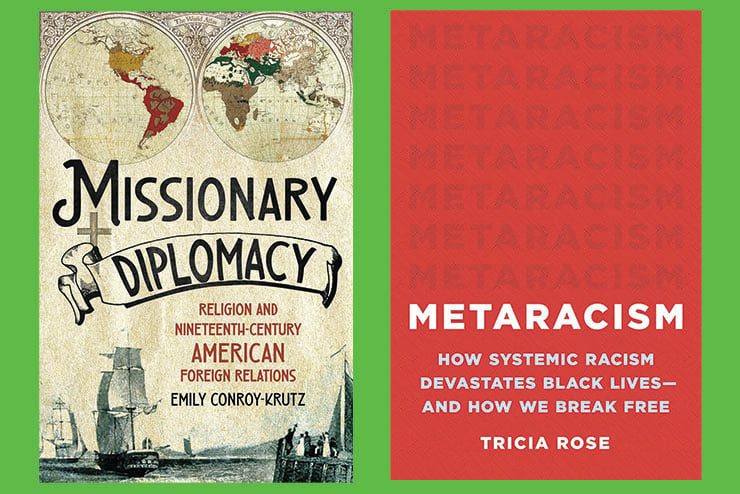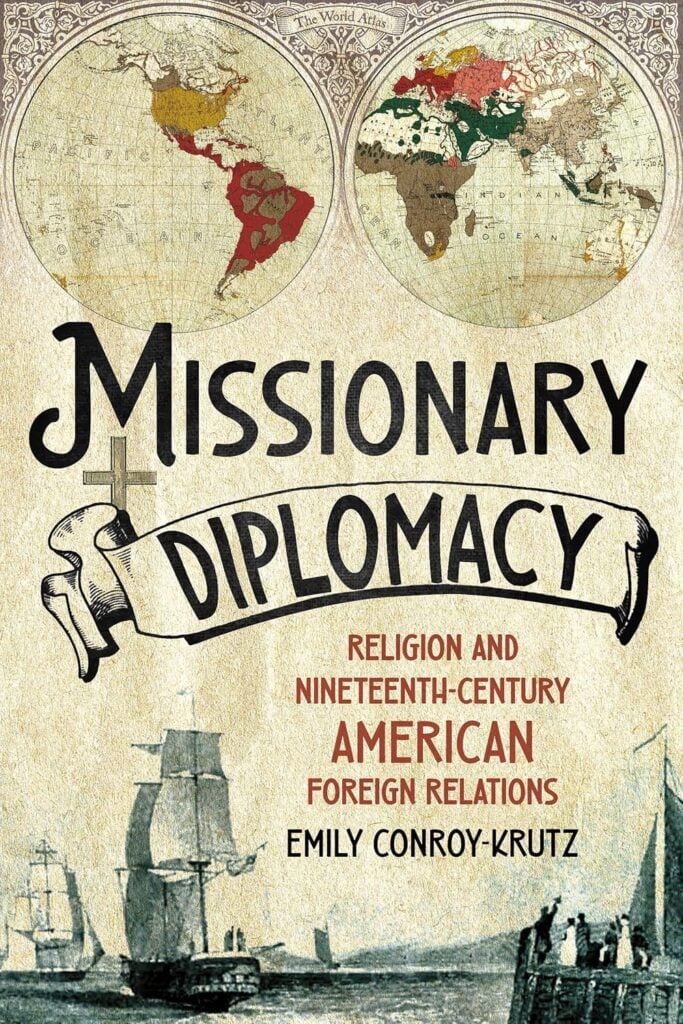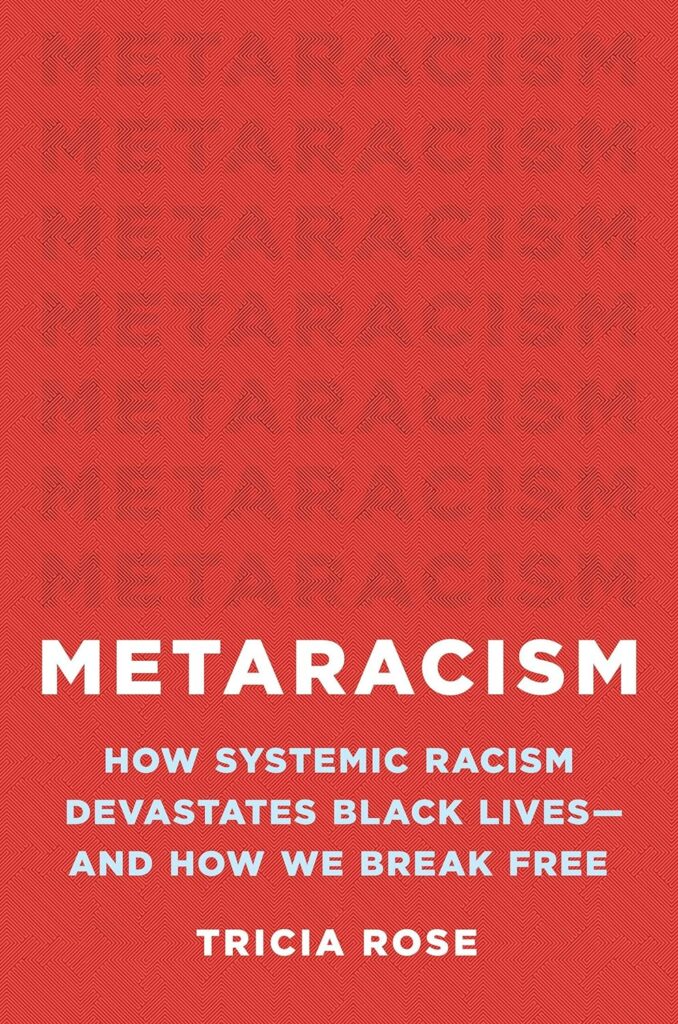Missionary Diplomacy: Religion and Nineteenth-Century American Foreign Relations, by Emily Conroy-Krutz (Cornell University Press; 354 pp., $46.95). Most American universities stopped offering diplomatic history degrees long before wokesters began their post-Floyd cancellation crusade. Courses about “chaps with maps” found no refuge in a late 20th-century academy besotted with scholarship focused on race, class, and gender. Elite white male diplomats—the loathsome “chaps”—personified patriarchal imperialism. Their “maps” laid out their colonial conquests.
Just pick a random history department website for proof. Brown University offers typically inane history seminars under its hip “Race, Power, and Privilege” rubric. That super-category of Ivy League eyewash answers questions no sane adult has about “how categories of race and ethnicity are produced intersectionally in relation to other hierarchical structures of difference including gender, sexual orientation, class, religion, ability, citizenship status, and geography.”
But flowers sometimes bloom in fallow fields. Emily Conroy-Krutz’s Missionary Diplomacy stands like a luscious red rose in a Superfund waste site. Her work explains how “Protestant missionaries and their supporters played a key role in projecting U.S. power and defining U.S. interests” between 1820 and 1900. She backs up that broad thesis with reams of primary documents and methodological rigor.
Early Protestant missionary writings aimed “to inspire domestic American enthusiasm” to spread not just Christianity but also American business and cultural practices. Missionaries’ letters, personal journals, and travel narratives often
provided the only information about the “land of darkness” they sought to conquer through conversion.
Not surprisingly, cultures clashed. Lecturing the natives “with a conviction that God favored the sort of republican government, capitalist economy, and liberal education institutions that they knew in the United States” has a nice ring in English, less so in Mandarin or Armenian. The careers of overzealous missionaries all too often ended with violence, imprisonment, or death. In their more temperate moments, missionaries built schools—so tomorrow’s Protestants could read Scripture—and hospitals, many of which still stand today.
Missionary growth both mirrored and drove the expanding American empire after the War of 1898. By World War I, Woodrow Wilson couldn’t contain his messianic compulsion “to show the world that [America] was born to save mankind.” His missionary forebears had already spent a century preaching just that.
(Mark G. Brennan)
Metaracism: How Systemic Racism Devastates Black Lives—and How We Break Free, by Tricia Rose (Basic Books; 288 pp., $30.00). Every human society in the world that has contained more than one racial or ethnic group has had disparities of achievement.
Serious students of the human world know this. They also know that the scientific explanation of how those disparities arise and cohere around group differences is tremendously complicated. It requires deep familiarity with causation in the human sciences and long-term immersion in voluminous data on disparities.
Tricia Rose, the author of Metaracism, is ignorant of all these facts. That is the most generous reading one can make of her book. The only alternative is that she knows how completely she fails to prove what she claims, but is determined, despite that, to get her mendacious case into the public record.
Rose claims her book is a work of social science. But it displays the level of ignorance typical of an undergraduate student in Sociology 101. The three blurb writers recommending the book are all racial activists like Rose; none are social scientists.
The reviewer’s job, ideally, is to meticulously point out how the logic of a book like this does or does not move us closer to real knowledge of the topic at hand. But in Metaracism there is no theoretical argument to analyze, just anecdotes and lists of ways in which blacks and whites do not achieve at the same levels, with no effort at all to demonstrate the causes of those disparities.
Metaracism refers to only three sources that even purport to make an argument for the plausibility of the concept of “systemic racism,” and all three are ideological efforts like Rose’s, free of any effort to work through that argument logically and scientifically.
Rose’s curriculum vitae includes her academic study of rap music fan literature and the sexual experiences of black women. She has never published a single piece of writing on any theoretical topic in the social sciences—including this book.
But in our time, none of this matters.
The entire literature on “systemic racism” is a castle made of sand that collapses under critical investigation. It is remarkable to be at a point in history when books posing as academic inquiries but containing no knowledge are produced in significant numbers, by formerly serious presses that are now fatally infected with a viral form of ideological propaganda.
(Alexander Riley)



Leave a Reply